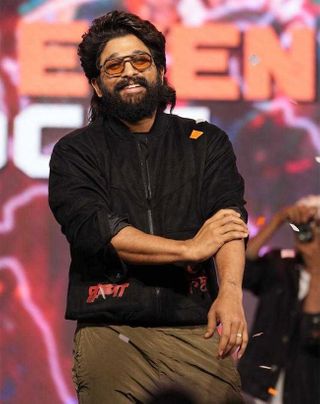Firaaq Movie Review
One of the most tired and cliched things we often hear filmmakers say, especially when they make a 'socially relevant' film or what is deridingly called a 'message movie' is- 'This is a film that needed to be made.' Firaaq is that rare film that actually justifies this yawn of a statement. A disturbing, moving and poignant picture of human depravity, hate and dwindling hope, the film with a high voltage acting cast that combines some of the best of acting talent- both new and old- also stands as an impressive showcase for actor Nandita Das' keen and deeply observant direction.
Having said that, Firaaq is best viewed as an experience than a film, in the sense that once you let go and stop noticing the trappings of the medium, it truly gets under your skin and makes you think. As a film, Firaaq isn't quite near flawless- it may tend to turn into what we smart, cynical people call 'preachy', and like other similar films with multiple storylines, characters often tend to think aloud more than they should, and sometimes the film lacks coherence. But once you look beyond the film and examine its larger, dark, topical and haunting statement on our present, and far more disturbingly- the future.
Nandita Das powerfully turns the 2002 Gujarat carnage as a metaphor for the troubled times we inhabit, and she couldn't have chosen a more appropriate name than Firaaq- the Urdu word that means separation and quest. While it sensitively explores our society fabric and religion and futile violence make relationships and optimism brutally break apart, more importantly- it also asks where and in pursuit of what we are headed. Das and co-writer Shuchi Kothari don't offer even a faint glimmer of fake hope; neither do they offer any answers- because in truth, perhaps there really aren't any.
The performances by the entire cast are remarkable, and the powerful ensemble breathes life and genuine emotion into every character. Particularly striking are Naseeruddin Shah, Deepti Naval, Paresh Rawal, Shahana Goswami and Amruta Subhash. But what remains and continues to prick the soul is the shocking scene where young Mohsin (brilliantly played by Mohammad Samad) who having been witness to the ugliest facet of the human psyche, blurts out --- "sala Hindu". It is a chilling reminder of the indelible scars of communal carnage, and a startling depiction of what is perhaps the saddest tragedy of all in the film --- the permanent loss of innocence.
OTHER REVIEWS



















